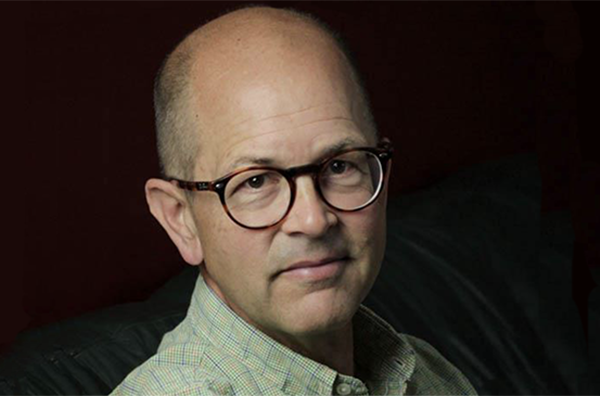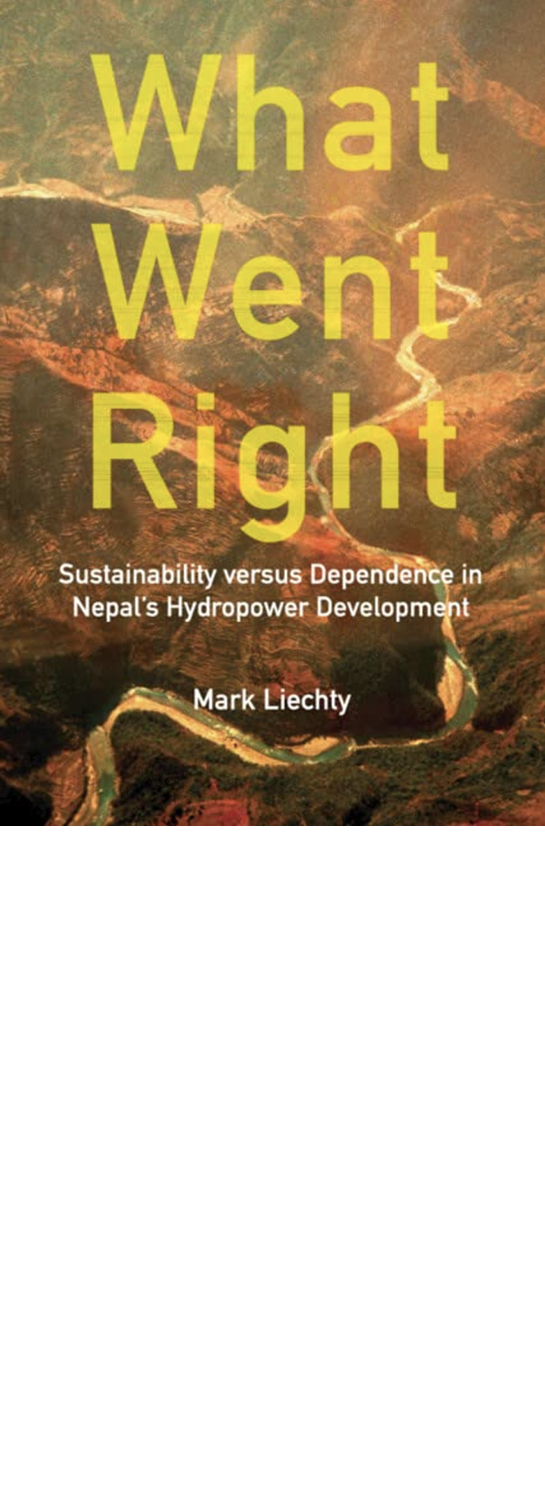Mark F. Liechty
College of Liberal Arts and Sciences | Anthropology & History
Mark F. Liechty
Mark F. Liechty
Mark Liechty is a cultural anthropologist with a joint appointment in Anthropology and History at UIC. He is a South Asianist whose research focuses on Nepali history and society. His research and teaching interests include class theory and social organization, mass media, consumer culture, cultural history, social and cultural theory, tourism, youth culture, globalization, “development,” and South Asian history. Major publications include: Suitably Modern: Making Middle Class Culture in a New Consumer Society (Princeton University Press, 2003), Out Here in Kathmandu: Modernity on the Global Periphery (Kathmandu: Martin Chautari Press, 2010), ), The Global Middle Classes: Theorizing Through Ethnography (edited with Rachel Heiman and Karla Freeman, Santa Fe: SAR Press, 2012), and Far Out: Countercultural Seekers and the Tourist Encounter in Nepal (Chicago: University of Chicago Press, 2017). His most recent books are Epicenter to Aftermath: Rebuilding and Remembering in the Wake of Nepal’s Earthquakes (edited with Michael Hutt and Stefanie Lotter, Cambridge: Cambridge University Press, 2021) and What Went Right: Sustainability Versus Dependence in Nepal’s Hydropower Development (Cambridge: Cambridge University Press, 2022).
2

Mark F. Liechty
Since 1997 he has served as (founding) co-editor of the Nepal Studies journal, Studies in Nepali History and Society.
What Went Right

What Went Right: Sustainability Versus Dependence in Nepal’s Hydropower Development
Cambridge University Press
What Went Right explores why Nepal’s hydropower sector is one of the country’s few development success stories. Unlike almost every other “developing” country, in Nepal local firms design and build complex hydropower facilities using Nepali engineers, builders, components, and labor. Nepal has largely avoided the trap whereby most poor countries are forced to accept energy infrastructure projects that are foreign designed, funded, and built-typically resulting in debt, dependency, and unsustainability. This book traces the half-century history of the Butwal Power Company and the anti-establishment development logic of its founder, Odd Hoftun. A pioneering Norwegian engineer, development worker, and missionary, Hoftun insisted that, if Nepal was to create a modern national economy, Nepalis must develop technical skills needed to break the cycle of poverty, a view that led Hoftun to promote Nepali-driven hydropower development as the key to Nepal’s industrial future. Counter to prevailing development logics (then and now), Hoftun insisted that all aspects of hydropower development (design, construction, manufacturing, maintenance) be done in Nepal, by Nepalis. The book traces the struggle between two competing development paradigms: one that emphasizes gradual national human capacity building (at the expense of speed and efficiency) and another that emphasizes rapid, large-scale infrastructure building (at the risk of unsustainability and dependency). At stake is whether what passes for “development” primarily benefits the countries in which it occurs, or the banks, corporations, and other investors that finance capital-intensive projects. What Went Right brings a vision for sustainable development into vigorous conversation with other development strategies that have proven, repeatedly, to be less productive